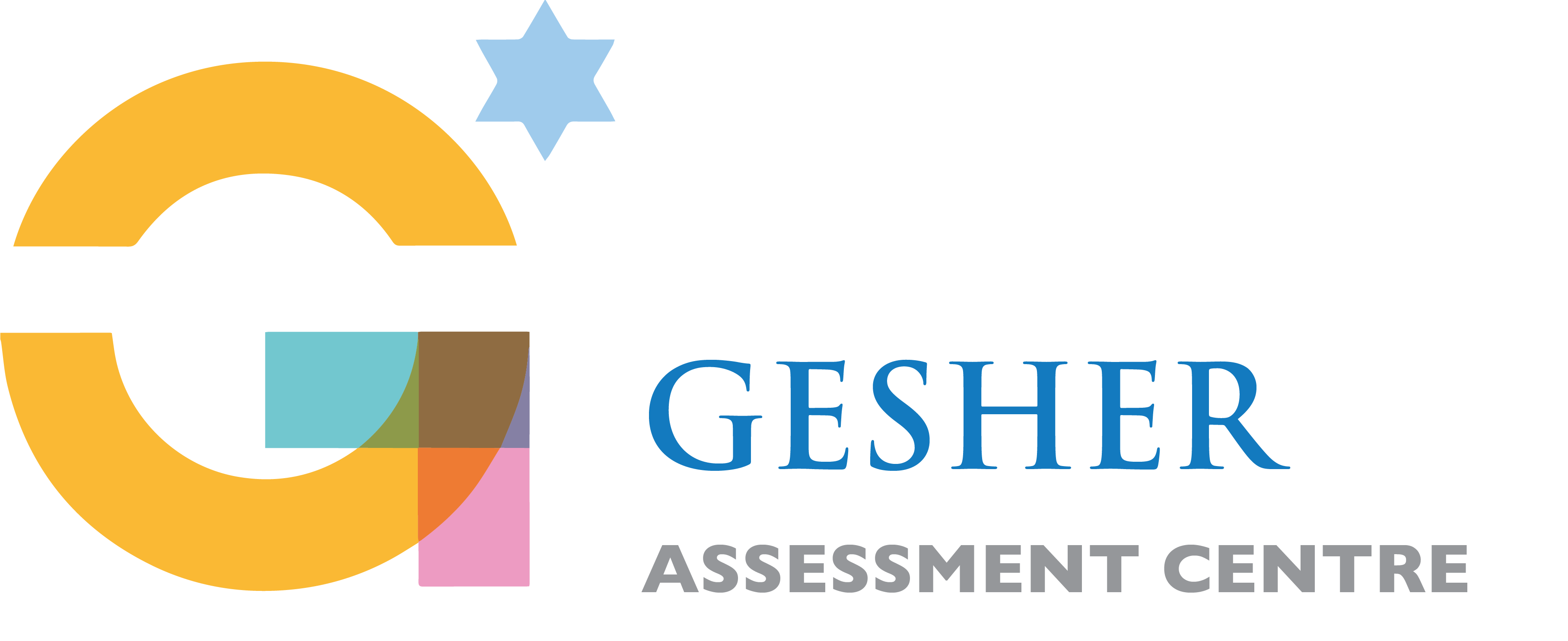Important Update: Following careful consideration, the Gesher Assessment Centre will be closing in August 2025. While we are no longer accepting new referrals, all current assessments will be completed as planned. Please contact admin@gesherac.co.uk with any queries. This change does not affect Gesher School, which continues to operate as usual.

